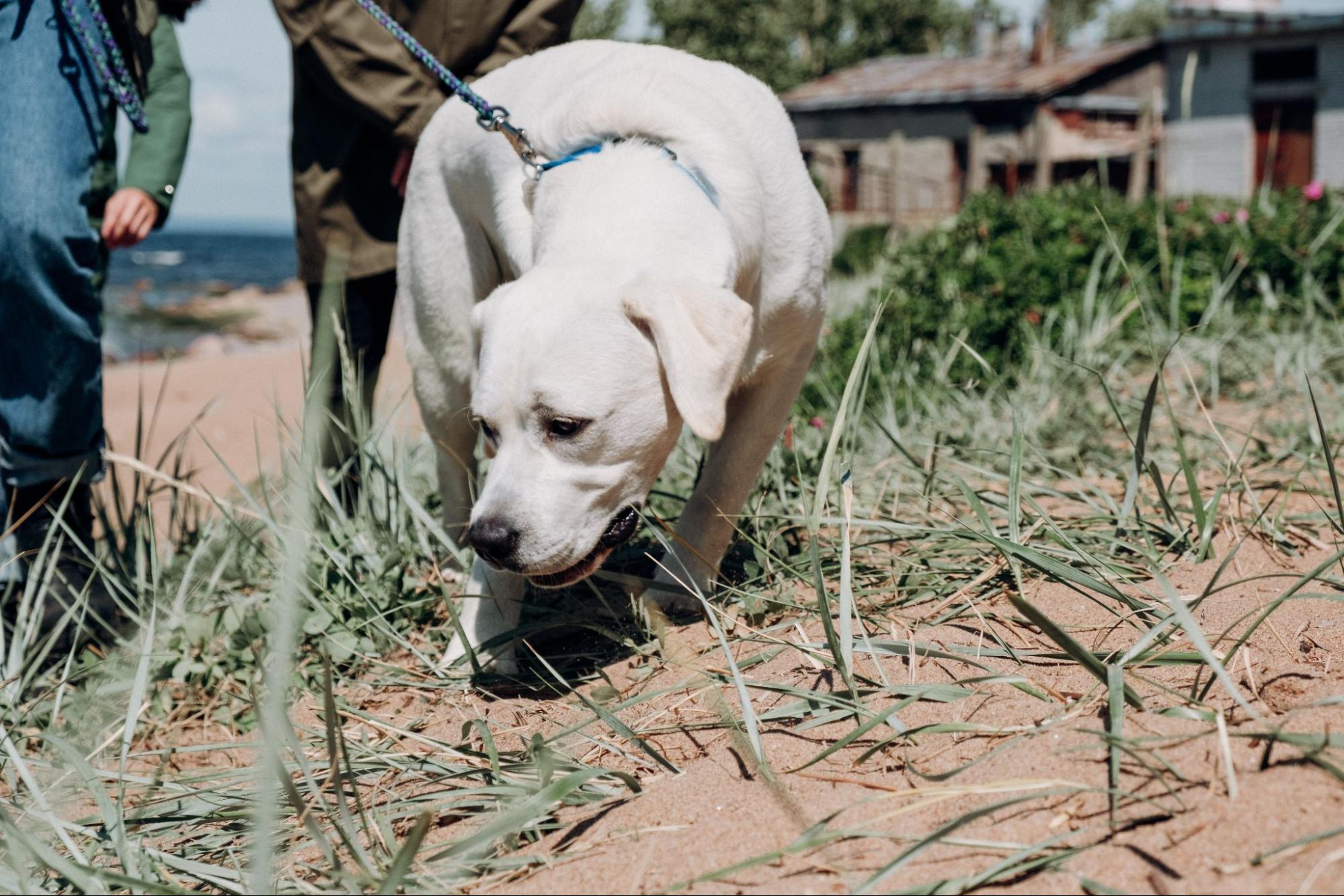How to Stop Bad Behavior in Puppies
Are you dealing with a Labrador puppy who seems to be exhibiting some bad behavior? Don’t worry, I’ve got you covered. In this article, I’ll share some effective strategies to help you stop bad behavior in puppies and restore peace and harmony to your home.
Labradors are known for their playful and energetic nature, but sometimes they can get a little carried away with their antics. It’s important to address any unwanted behaviors early on to prevent them from becoming ingrained habits. Whether it’s excessive barking, chewing on furniture, or jumping up on people, there are steps you can take to correct these behaviors and create a well-behaved pup.
Firstly, it’s crucial to understand that patience is key when dealing with bad behavior in puppies. They are still learning the ropes and need consistent guidance from us. Establishing clear rules and boundaries will help them understand what is expected of them. Additionally, positive reinforcement techniques such as rewards and praise can go a long way in shaping their behavior positively.
So if you’re ready to put an end to those pesky bad habits your Labrador pup has picked up, let’s dive into the strategies that will help you effectively deal with their misbehavior. Together, we’ll work towards raising a happy and well-behaved furry companion.
Understanding Labrador Behavior
Labradors are known for their friendly and outgoing nature, but like any breed, they can sometimes exhibit bad behavior. Understanding the underlying reasons behind these behaviors is crucial in effectively addressing and stopping them. In this section, we’ll explore some key aspects of Labrador behavior to help you better comprehend your puppy’s actions.
- Socialization: Labradors are social animals that thrive on companionship and interaction with both humans and other dogs. Proper socialization during their early development stages plays a vital role in shaping their behavior. Puppies that haven’t been adequately exposed to different people, animals, and environments may display fearfulness or aggression later on. By providing positive experiences and gradually introducing them to new situations, you can help your Labrador develop into a well-adjusted adult.
- Energy Level: Labradors are an active breed with high energy levels. Without sufficient mental stimulation and physical exercise, they may engage in destructive behaviors as a way to release their pent-up energy. Regular walks, playtime sessions, and engaging toys can help channel their energy in a positive direction while preventing boredom-related misbehavior.
- Separation Anxiety: Labradors are known for forming strong bonds with their owners, which can lead to separation anxiety when left alone for extended periods. This anxiety often manifests through destructive chewing or excessive barking as the dog seeks comfort or attention. Gradual desensitization techniques combined with crate training can be beneficial in reducing separation anxiety and promoting independence.
- Positive Reinforcement: Labradors respond well to positive reinforcement training methods where good behavior is rewarded rather than punished for bad behavior. Consistency, patience, and using treats or praise as rewards can be highly effective in reinforcing desired behaviors while discouraging unwanted ones.
- Health Issues: It’s important to consider that certain behavioral problems may stem from underlying health issues rather than solely being related to breed tendencies. Pain or discomfort caused by dental problems, joint issues, or any other undiagnosed condition can contribute to behavioral changes. Regular veterinarian check-ups can help identify and address any potential health concerns.

Common Bad Behaviors in Labradors
Labradors are generally known for their friendly and energetic nature, but like any other breed, they can exhibit bad behaviors that require attention and correction. Understanding these common bad behaviors in Labradors is crucial for pet owners to effectively address them and create a harmonious environment for both the dog and the family. Here are some of the most frequent behavioral issues seen in Labradors:
- Excessive Barking: Labradors, being vocal dogs, may resort to excessive barking as a means of communication or when they feel anxious or bored. It’s important to identify the underlying cause of their barking and provide appropriate training to curb this behavior.
- Chewing: Puppies explore the world through their mouths, which often leads to chewing on objects around your home. However, if chewing persists into adulthood or becomes destructive, it could be a sign of boredom, anxiety, or lack of proper exercise. Providing suitable chew toys and redirecting their attention can help deter this behavior.
- Jumping Up: Labradors are enthusiastic greeters who often express their excitement by jumping up on people. While it may seem harmless initially, it can become problematic as they grow bigger. Training them to greet people with all four paws on the ground will prevent potential accidents and ensure good manners.
- Pulling on Leash: With their boundless energy, Labradors may pull excessively during walks, making it difficult for owners to maintain control. Consistent leash training techniques such as positive reinforcement and teaching them loose leash walking can help alleviate this issue.
- Separation Anxiety: Labs thrive on human companionship and may experience separation anxiety when left alone for extended periods. This can lead to destructive behaviors like excessive barking, digging, or soiling indoors. Gradually acclimating them to alone time through crate training or providing interactive toys can mitigate separation anxiety.